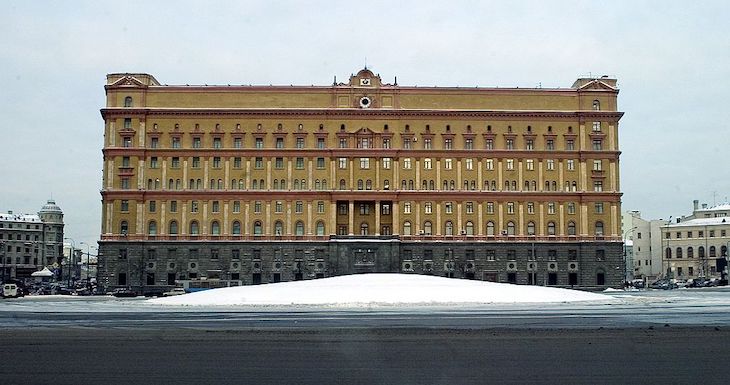That Russia’s security services have been targeting British politicians and other high-profile figures won’t come as a surprise. But the scale of the accusations levelled today at the Russian Federal Security Service (FSB) by the British government is still shocking. GCHQ has said that, since 2015, Russia has carried out hundreds of hacks against MPs, journalists and civil servants.
Already a subscriber? Log in
Subscribe for just $2 a week
Try a month of The Spectator Australia absolutely free and without commitment. Not only that but – if you choose to continue – you’ll pay just $2 a week for your first year.
- Unlimited access to spectator.com.au and app
- The weekly edition on the Spectator Australia app
- Spectator podcasts and newsletters
- Full access to spectator.co.uk
Or




















Comments
Don't miss out
Join the conversation with other Spectator Australia readers. Subscribe to leave a comment.
SUBSCRIBEAlready a subscriber? Log in